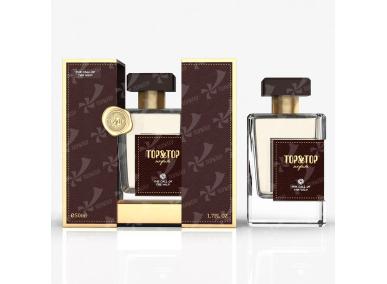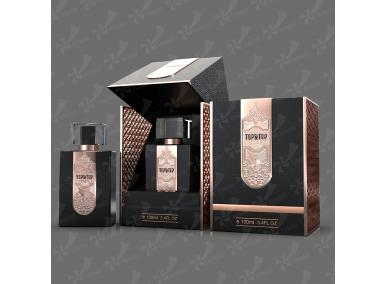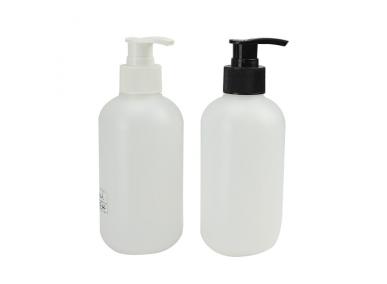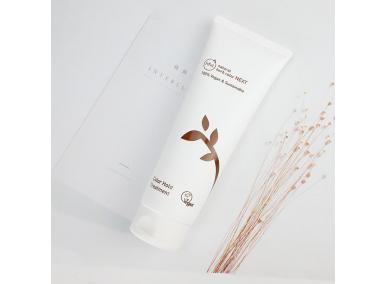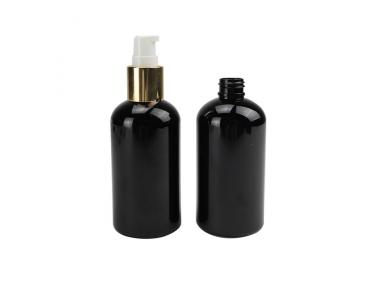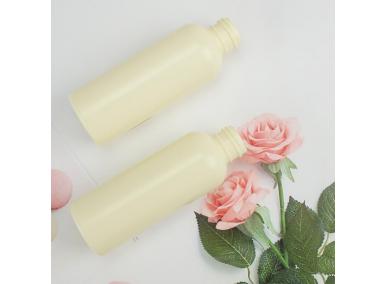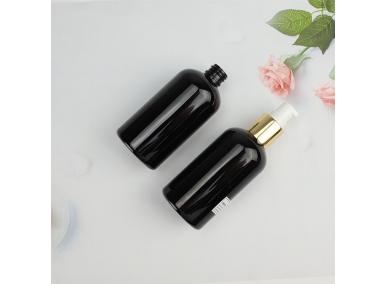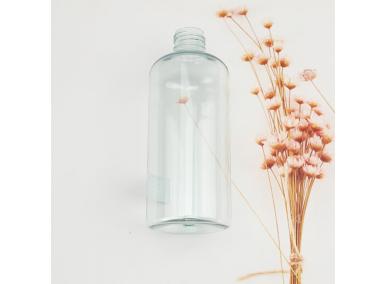-
Eco empty custom pcr hair care spray foam plastic airless pump cosmetic mouthwash bath shampoo packaging bottle and jars sets
Sustainable Packaging,Green Packaging TOP&TOP Bottle offers PCR plastic containers (Post Consumer Resin) as a sustainable solution for environmentally friendly packaging. PCR plastic consists of a blend of recycled resins that would have otherwise ended up in landfills, reducing the use of virgin resins. PCR plastic is comparable to PET plastic in both appearance and quality, while also providing consumers with the satisfaction of an eco-friendly product. Get a Quote Get a Quote on Custom Sustainable PackagingHot Tags : packaging bottle and jars pcr bottle shampoo bottle empty bottle foam bottle packaging bottle
-
Customized Hand Cream Squeeze Soft Tubes 10ml to 200ml Eco Friendly PCR Biodegradable Toothpaste Tube
Sustainable Packaging,Green Packaging TOP&TOP Bottle offers PCR plastic containers (Post Consumer Resin) as a sustainable solution for environmentally friendly packaging. PCR plastic consists of a blend of recycled resins that would have otherwise ended up in landfills, reducing the use of virgin resins. PCR plastic is comparable to PET plastic in both appearance and quality, while also providing consumers with the satisfaction of an eco-friendly product. Get a Quote Get a Quote on Custom Sustainable PackagingHot Tags : Eco Friendly Tube plastic bottle Toothpaste Tube Hand Cream Tube Biodegradable Toothpaste Tube Soft Tube
-
Custom eco friendly luxury amber 300 ml 500 ml pcr clear plastic airless pump spray foam cosmetic bottle bath shampoo bottles
Sustainable Packaging,Green Packaging TOP&TOP Bottle offers PCR plastic containers (Post Consumer Resin) as a sustainable solution for environmentally friendly packaging. PCR plastic consists of a blend of recycled resins that would have otherwise ended up in landfills, reducing the use of virgin resins. PCR plastic is comparable to PET plastic in both appearance and quality, while also providing consumers with the satisfaction of an eco-friendly product. Get a Quote Get a Quote on Custom Sustainable PackagingHot Tags : Shampoo Bottle recyclable bottle cosmetic bottle Custom plastic bottle
-
100% Recyclable Materials PCR Eco Friendly Shampoo Bottle 200ml Lotion Pump Bottles Eco Friendly Cosmetic Packaging
Sustainable Packaging,Green Packaging TOP&TOP Bottle offers PCR plastic containers (Post Consumer Resin) as a sustainable solution for environmentally friendly packaging. PCR plastic consists of a blend of recycled resins that would have otherwise ended up in landfills, reducing the use of virgin resins. PCR plastic is comparable to PET plastic in both appearance and quality, while also providing consumers with the satisfaction of an eco-friendly product. Get a Quote Get a Quote on Custom Sustainable PackagingHot Tags : Cosmetic Packaging Manufacturer plastic bottle
-
Manufacturer wholesale printing custom recyclable environmental sub-bottling PET 100% PCR bottle lotion cosmetic plastic bottle
Sustainable Packaging,Green Packaging TOP&TOP Bottle offers PCR plastic containers (Post Consumer Resin) as a sustainable solution for environmentally friendly packaging. PCR plastic consists of a blend of recycled resins that would have otherwise ended up in landfills, reducing the use of virgin resins. PCR plastic is comparable to PET plastic in both appearance and quality, while also providing consumers with the satisfaction of an eco-friendly product. Get a Quote Get a Quote on Custom Sustainable PackagingHot Tags : 100% pcr bottle lotion cosmetic bottle
-
Eco friendly sustainable 100ml 120ml 250ml 1000ml cosmetic material 50% 100% pcr foam soap dispenser pump shampoo pet plastic hdpe bottle
Sustainable Packaging,Green Packaging TOP&TOP Bottle offers PCR plastic containers (Post Consumer Resin) as a sustainable solution for environmentally friendly packaging. PCR plastic consists of a blend of recycled resins that would have otherwise ended up in landfills, reducing the use of virgin resins. PCR plastic is comparable to PET plastic in both appearance and quality, while also providing consumers with the satisfaction of an eco-friendly product. Get a Quote Get a Quote on Custom Sustainable PackagingHot Tags : Sustainable Packaging pcr cosmetic bottle
 +86 0755-89350235
+86 0755-89350235





 English
English français
français Deutsch
Deutsch русский
русский italiano
italiano español
español português
português العربية
العربية 日本語
日本語 한국의
한국의
